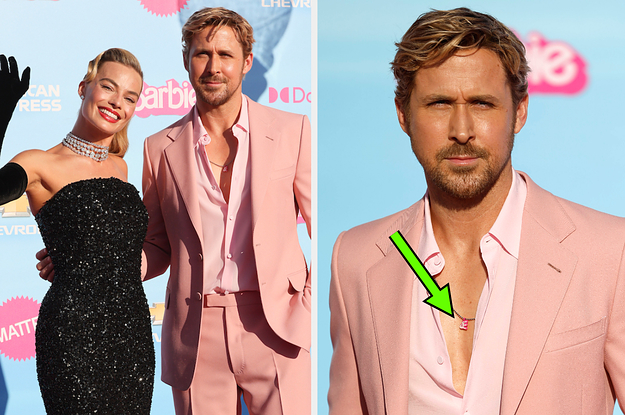
The BDN Opinion section operates independently and does not set newsroom policies or contribute to reporting or editing articles elsewhere in the newspaper or on bangordailynews.com.
When NATO held its annual summit in Brussels two years ago, all 31 presidents and prime ministers of the alliance’s member states dutifully showed up, but their hearts weren’t really in it. France’s president, Emmanuel Macron, had publicly declared NATO “brain dead” in 2019, and nobody could find a good reason to disagree.
This week the annual meeting is in Vilnius, the capital of Lithuania (July 11-12), and the cast of characters has not changed all that much, but everything else has. This is an alliance transformed, with a clear enemy, specific goals and a real sense of purpose — all thanks to Russian President Vladimir Putin and his foolish invasion of Ukraine.
It was foolish not because Putin’s army was too corrupt and incompetent to conquer Ukraine — neither he nor his generals realized that — but because he woke NATO up. If he had just left it alone for another five or 10 years, it would probably have simply moldered away.
Now it’s back up and running. Defense budgets are soaring right across NATO, new strategic plans are being made and Russia is being openly named as the threat. Vilnius, the NATO capital closest to Moscow, has been chosen for its symbolic value, and there are a thousand soldiers there from other NATO countries to provide security for the meeting.
Germany has deployed 12 Patriot missile launchers to intercept Russian ballistic and cruise missiles or warplanes. France is sending self-propelled howitzers and anti-drone technology, Finland and Denmark have sent military jets, and Spain has sent a NASAMS air defense system.
Not to mention Poland and Germany, which are both sending special operations forces with accompanying helicopters in case the Russians try to infiltrate their own Spetsnaz troops to kidnap or kill NATO leaders.
No? You don’t think that the Russians will choose this week to bomb Vilnius or send in the assassins? You suspect that this is a pantomime exclusively designed to illustrate NATO’s new-found unity and determination. Well spotted!
Almost the sole focus of this summit is embattled Ukraine’s desire to join NATO — which is not going to happen at this time. As President Joe Biden said: “I don’t think there is unanimity in NATO about whether or not to bring Ukraine into the NATO family now, at this moment, in the middle of a war.”
That’s understandable, as NATO membership includes an obligation to defend any other member that is under attack. Hands up, who wants to go to war with Russia?
Ukraine will get a promise of membership eventually, after the war is over, but for now it will have to make do with arms shipments, financial help and intelligence sharing.
Military alliances have a momentum of their own, however, and an elderly alliance that has been shaken awake to deal with a nasty local crisis could go on to regain a central place in world politics. That would be unfortunate.
The great fear in NATO after the Soviet collapse in 1991 was that the newly freed countries of Eastern Europe, still terrified of Russian imperialism, would start making alliances among themselves against Russia — and that at least one, Poland, would probably start building its own nuclear deterrent.
That would not have been a happy outcome, as such Eastern European alliances would have been strong enough to provoke Russia but not strong enough to deter it. Taking the former satellite countries into NATO was seen by the West as the safer option. Although Moscow deplored this decision, it didn’t make much fuss about it at the time.
NATO’s “expansion” never threatened Russia’s security because troops on the border are almost strategically irrelevant in an era of intercontinental nuclear-tipped missiles. In any case, U.S. troops in Europe fell from 300,000 at the end of the Cold War to a fifth of that number by 2008, and stayed there until last year’s invasion of Ukraine.
Putin’s declining years were bound to be problematic no matter what NATO did or didn’t do, but it’s still deeply regrettable that the alliance had to be resuscitated. May it become irrelevant again as soon as possible.









